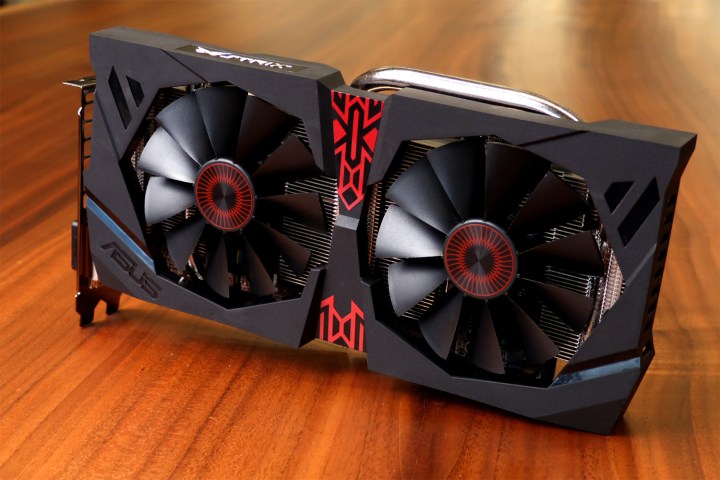
GPUOpen is being designed to give developers better control over a system’s GPU, in an attempt to replicate some of the benefits of low-level access that have proven to be advantageous in the console sphere. AMD describes this as ‘close-to-the-metal’ programming.
In tangible terms, developers can expect to receive direct access to GPU hardware, as well as a host of open source resources. Open source SDKs, effects and libraries will all be made available directly from AMD, and the company states that the ‘superior tools’ offered up by the community will offer significant advantages during development.
GPUOpen will be accompanied by a new compiler for heterogenous computing. AMD’s new Boltzmann Initiative — named for the 19th Century Austrian physicist — will apparently expand the breadth of developers able to take advantage of heterogeneous systems architecture further than ever before.
AMD is also reaffirming its commitment to Linux, announcing a new open source driver and system runtime for the OS. The driver has been developed with High-Performance Computing in mind, and offers peer-to-peer GPU support, as well as low latency compute dispatch and PCIe data transfers.
It’s expected that AMD will begin distributing samples and libraries to interested parties in early 2016, and an early access program for the Boltzmann Initiative is also scheduled to begin towards the beginning of next year. Developers interested in using GPUOpen are advised to wait for further updates on the project from AMD in the coming months.
Editors' Recommendations
- What is CPU cache, and why is it so important for gaming?
- All upcoming video game movies: release dates, development details, and rumors
- There’s an unexpected, new competitor in PC gaming
- We played tons of games at GDC 2024. Put these ones on your wish list
- Nvidia’s AI game demo puts endless dialogue trees everywhere



